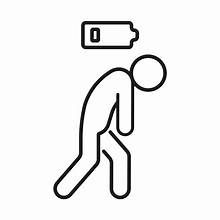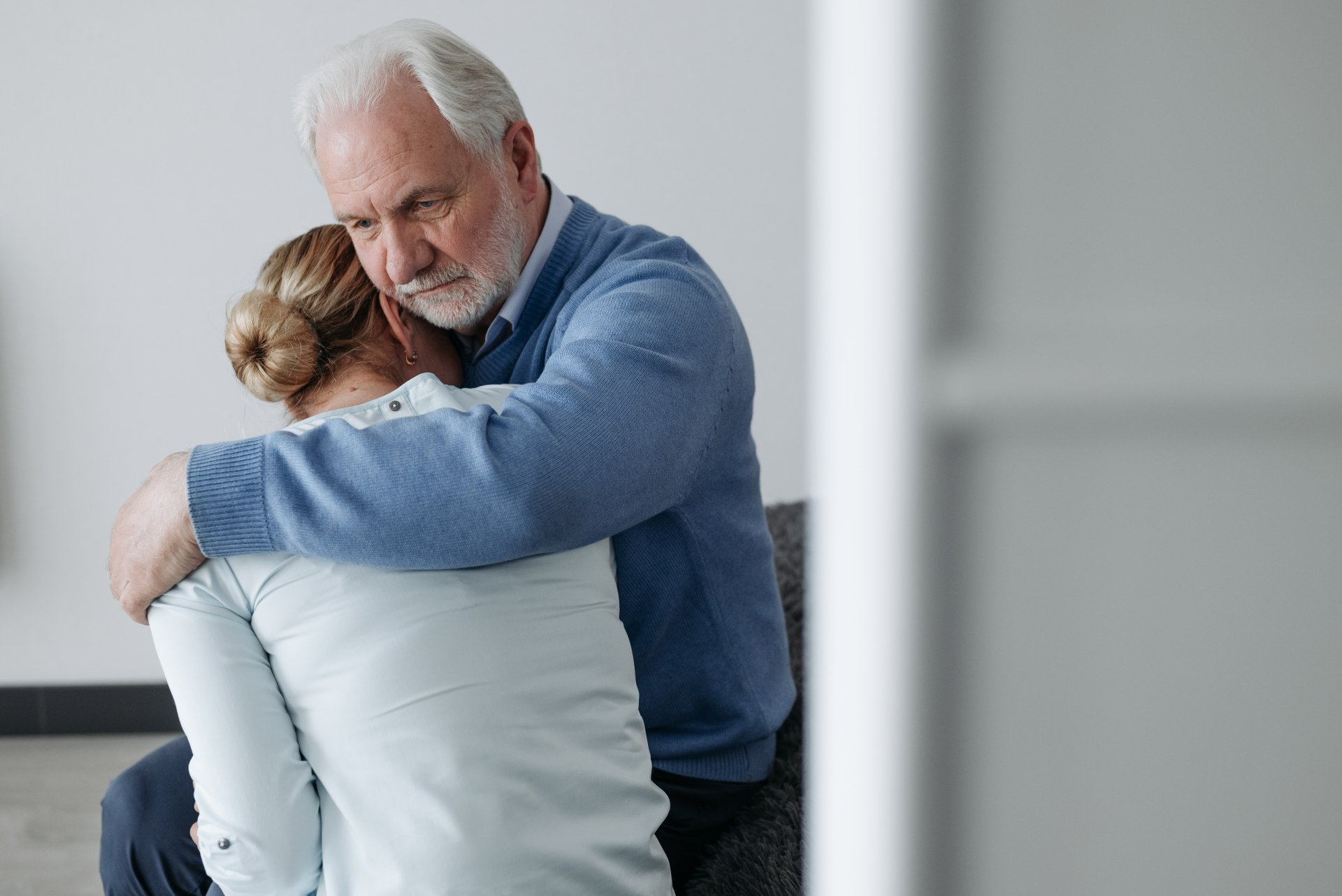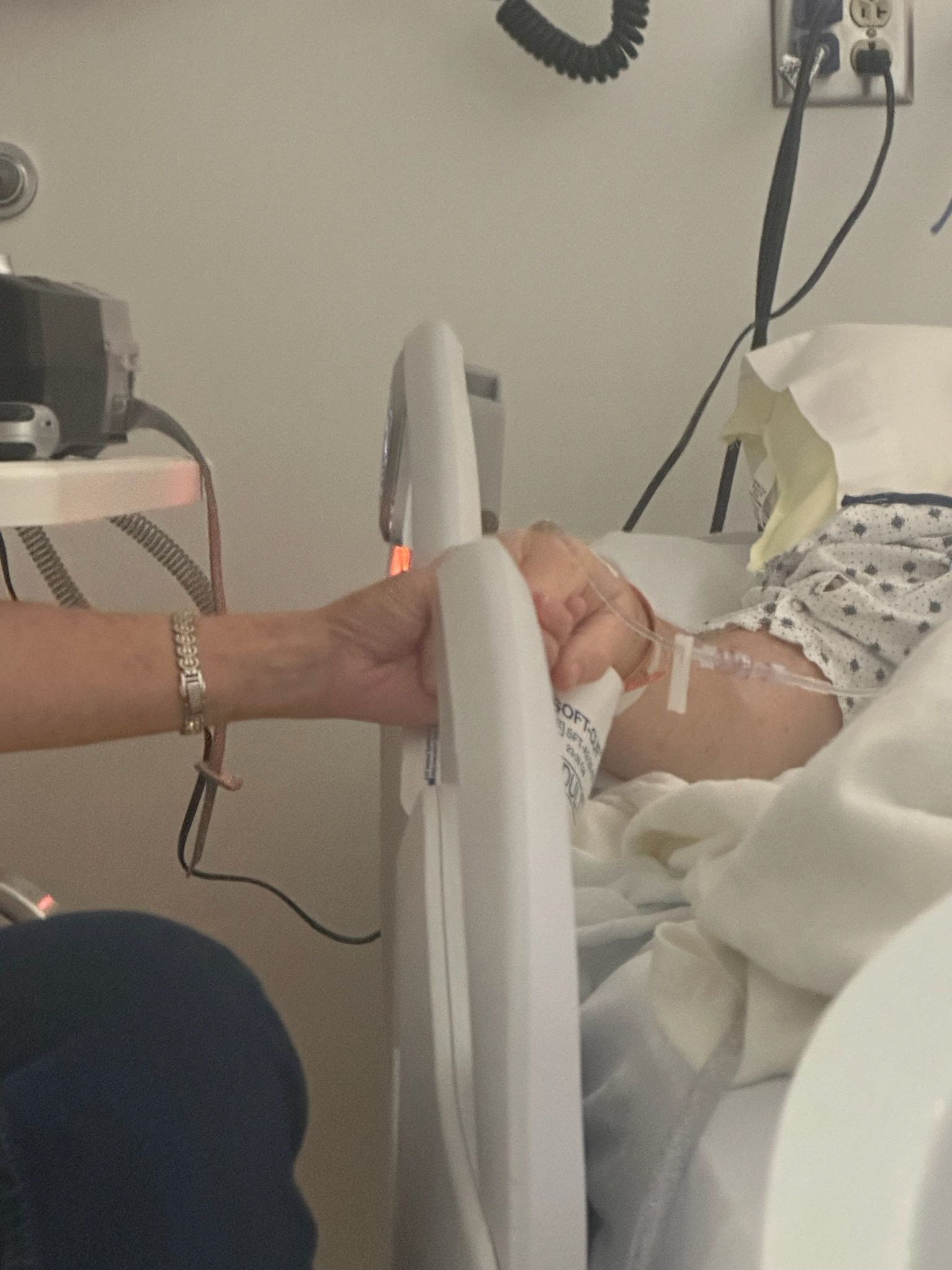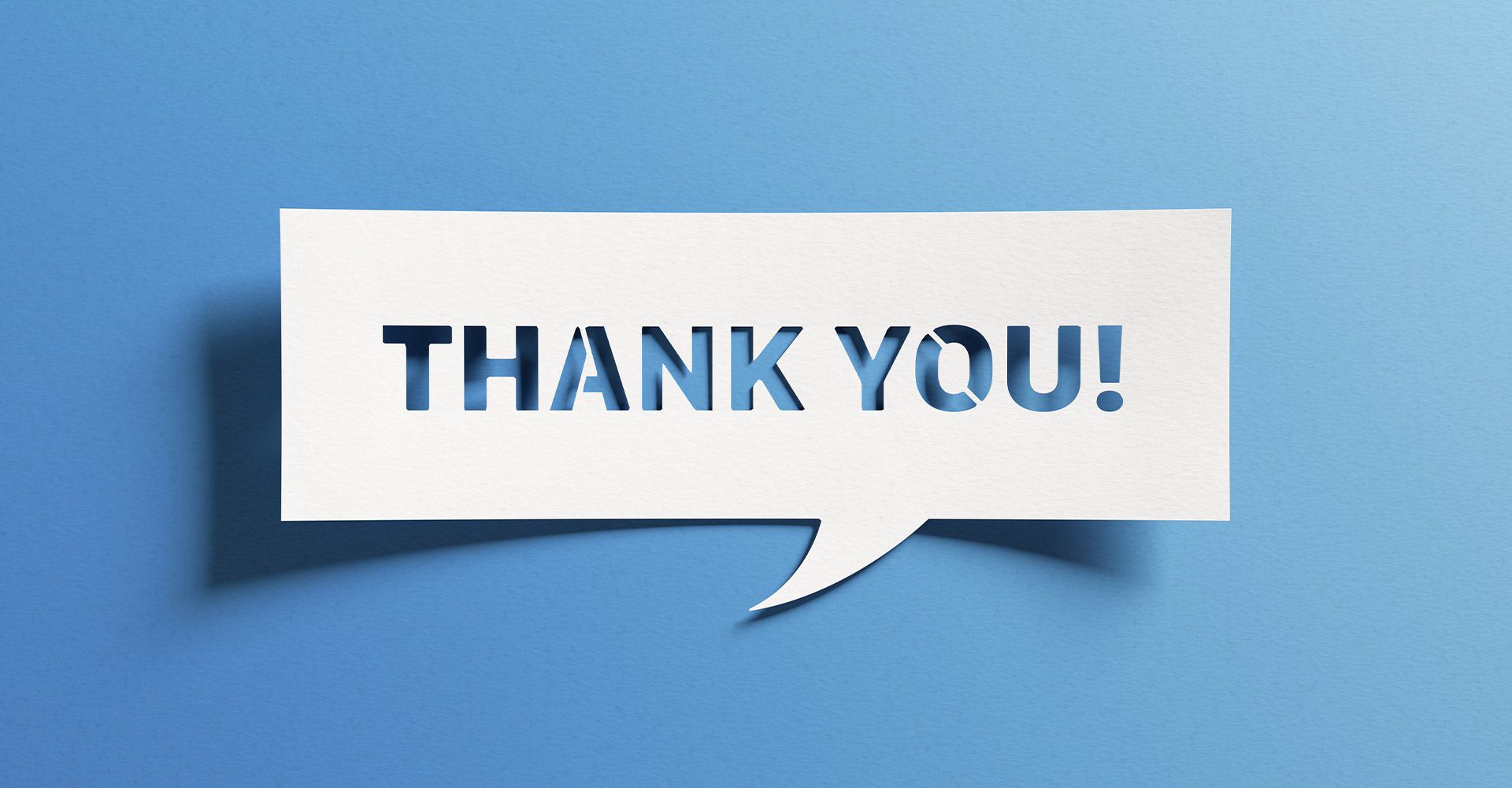"Massive exposure to human misery often leads to psychic numbness." Nouwen, McNeill and Morrison in Compassion.

When we believe we are equipped and confident to care for someone we are also energized and empowered.
That is just what we need at this time of emotional fatigue and spiritual confusion.
In the book, Compassion, the authors articulate, better than anyone I have heard, the emotional state of our world and how we got here. So, I give you a couple pages from their book, pp 50-53 to help us understand the problem and realize there is something very important we can do.
" One of the most tragic events of our time is that we know more than ever before about the pains and sufferings of the world and yet are less and less able to respond to them. Radio, television, and newspapers allow us to follow from day to day--even from hour to hour--what is happening in the world. We hear about terrorism, armed conflicts and wars, assassinations, earthquakes, droughts and floods, famines and epidemics, concentration camps and torture chambers, and countless other forms of human suffering close to home or far away. Not only do we hear about them but also we are daily presented with pictures of starving babies, dying soldiers, burning houses, flooded villages and wrecked cars. The news seems to have become an almost ceaseless litany of human suffering. The question is, do these highly sophisticated forms of communication and this increasing amount of information lead to a deeper solidarity and a greater compassion? It is very doubtful. (My emphasis.)
Can we really expect a compassionate response from the millions of individuals who read the paper during breakfast, listen to the radio on the way to work, and watch television after returning home tired from their work in offices or factories? Can we reasonably expect compassion from the many isolated individuals who are constantly being in the privacy of their homes or cars of the vast extent of human suffering?
There appears to be a general assumption that it is good for people to be exposed to the pain and suffering of the world. Not only do newspapers and news broadcasts seem to act on the assumption but also most organizations whose main concern is to help suffering people...
We might ask, however, whether mass communication directed to millions of people who experience themselves as small, insignificant, powerless individuals does not in fact do more to harm that good. (My emphasis again.) When there is no community that can mediate between world needs and personal responses, the burden of the world can only be a crushing burden. When the pains of the world are presented to people who are already overwhelmed by the problems in their small circle of family or friends, how can we hope for a creative response? What we can expect is the opposite of compassion: numbness and anger.
Massive exposure to human misery often leads to psychic numbness. Our minds cannot tolerate being constantly reminded of things which interfere with what we are doing at the moment. When we have to open our store in the morning, go about our business, prepare our classes, or talk to our fellow workers, we cannot be filled with the collective misery of the world. If we let the full content of newscasts enter into our innermost selves, we would become so overwhelmed by the absurdities of existence that we would become paralyzed. If we try to absorb all that is reported by the paper, radio, or television and all that bombards us on the computers and cell phones, we would never get any work done. Our continued effectiveness requires a mental filtering system by which we can moderate the impact of the daily news.
But there is more. Exposure to human misery on a mass scale can lead not only to psychic numbness but also to hostility. This might seem strange, but when we look more closely at the human response to disturbing information, we realize that confrontation with human pain often creates anger instead of care, irritation instead of sympathy and even fury instead of compassion. (My emphasis.) Human suffering, which comes to us in a way and on a scale that makes identification practically impossible, frequently evokes strong negative feelings...
How can we account for this psychic numbness and anger? Numbness and anger are the reactions of the person who says, 'When I can't do anything about it anyhow, why do you bother me with it?' (My emphasis.) Confronted with human pain at the same time reminded of our powerlessness, we feel offended to the very core of our being and fall back on our defenses of numbness and anger. If compassion means entering into solidarity with human beings who are suffering, there the increasing presentation of human suffering by the news media does not serve to evoke compassion. Those who know most about what goes on in the world--those who devote such attention to computers, newspapers, radio, and television--are not necessarily the most compassionate people...
Therefore, the question is, how can we see the suffering in our world and be moved to compassion as Jesus was moved when he saw a great crowd of people without food (Mt 14:14)? This question has become very urgent at a time when we see so much and are moved so little." (My emphasis.)
My short answer is, "Be prepared to do something compassionate so you will be confident that your care is making a difference."
While we have a lot of big problems in the world, the solution is probably going to come from a lot of people doing small things.
Throughout my life I've made the mistake of thinking the world had to be better, systems and measurements needed to be different and people should to be more agreeable for me to achieve the results that I desire. All of those changes would be wonderful, but if I wait for them, I will fall into the psychic numbness and hostility described in Compassion.
It has been my immeasurable blessing to have had many opportunities, due to my jobs, to care for people in a variety of needs and settings. One of the greatest rewards was the energy that I felt from seeing my efforts made a difference in someone's life. That was when I offered myself, or heard God offer me the opportunity, to help more people engage in caring for people in the ways that I had learned from wise Clinical Pastoral Education instructors and skilled colleagues and peers in the various caring roles.
But as excited as I was to share a few years ago what I had learned, and distill my experience into training materials with essential caring skills and disciplines, I had no idea that we would get to this angry place in our culture where care is needed more than ever.
Now I recognize that equipping people to care does more than offer care to care receivers, but energizes care givers with the confidence that they are making a difference. I'm motivated to get "The 7 Essentials for Caring that Makes A Difference" to as many people as possible, but I'm enjoying rolling it out now in 1-1 relationships and watching the light go on in the minds and faces of the people I"m working with.
(I'll finish this post soon.)











